This week’s edition of ‘A world of inspiration‘ is a remarkable story by Janice Waugh who hails from Toronto, Canada. Janice is a freelance writer and a strong advocate of solo travel. Her story is poignant yet inspiring, and above all, a lesson of how a chance meeting can motivate us to seek a better understanding of our world and its often tempestuous history.
The Cellist & the Historian
On May 6th, 2002, one day after Liberation Day in the Netherlands, I was sitting in a café thinking about how Amsterdam had celebrated that important event. The stalls at the festivals and footage on television that I saw focused on human rights, an important issue, but barely skimmed the actual liberation of the city from the Nazis in 1945. To me, this was curious.
At the table beside me sat a gentleman – no other word will suit – having his morning coffee. He looked to be in his 80s and so, I thought, likely there when the war ended. I struck up a conversation and learned that he was actually 93, a Jew, a cellist and had spent the majority of the war in hiding. He lost his mother and aunt to the camps. He spoke eloquently about what those years meant. He also expressed his dismay at how little attention was given to the liberation at current celebrations.
We didn’t chat long. I could see that speaking English was tiring for him. As I watched him walk away down Beethovenstraat, I had a vision of a film. I heard symphonic music amidst the horrors of the occupation.
I’m a bit of a history buff and meeting this cellist inspired me to learn what happened to other Jewish musicians. So the next day I set out for the Jewish archives where I was handed a woman’s PhD thesis on Dutch music during the occupation. I couldn’t have hoped for anything so specific. Surprisingly, they also gave me her phone number. I called her up, took her to dinner and learned more. She explained that during the occupation, the Nazis supported the arts in an effort to secure the collaboration of Dutch citizens. This was not simply art as propaganda. Art was being used as a tool to show that the Nazis supported Dutch culture. Before the occupation, Dutch classical music was rarely heard but with support from the Nazis, Amsterdam’s famous concert hall, the Concertgebouw, was filled with it.
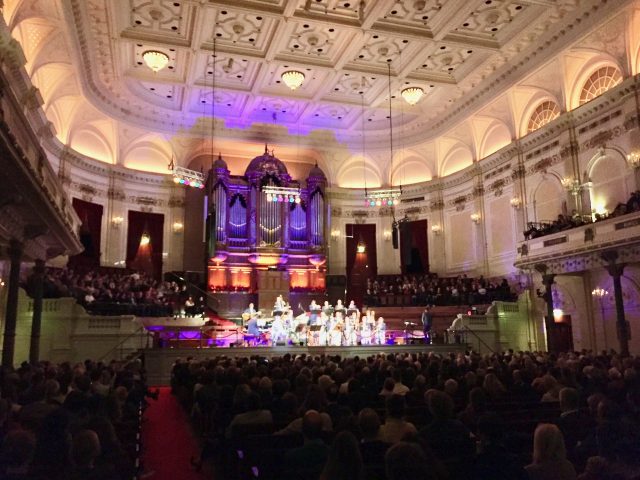
Sadly, at the same time that Dutch music flourished, the Jewish musicians were persecuted. First they were moved to the back of the orchestra, out of sight. Then they were shunted aside into an exclusively Jewish orchestra. Finally, they too were sent to Westerbork, the concentration camp northeast of Amsterdam.
At the time I was in Amsterdam, European politics was seeing the rise of parties on the extreme right. Meeting the cellist and the historian gave me a greater understanding of how language and the arts can be used to subtly influence attitudes to harm large sectors of society. This study of the occupation – such a sad moment in history that also produced beautiful new music – inspired me to write a film treatment when I returned to Canada.
The film was not made. Though a few producers were quite interested, the challenge of funding was too great. But that doesn’t matter. I will never forget the cellist who inspired me and all that I learned thanks to him.
About this week’s guest writer
Janice Waugh is an avid solo traveller who, in her every day life, combines her two passions: travelling and writing. “I’ve been in tight spots made by strangers and been the beneficiary of great kindness from the same. Travel has been a constant source of wonder, education, fun and confidence. I enjoy the freedom of freelance writing”. Janice currently incorporates what she loves with what she’s good at in the Solo Traveler society.

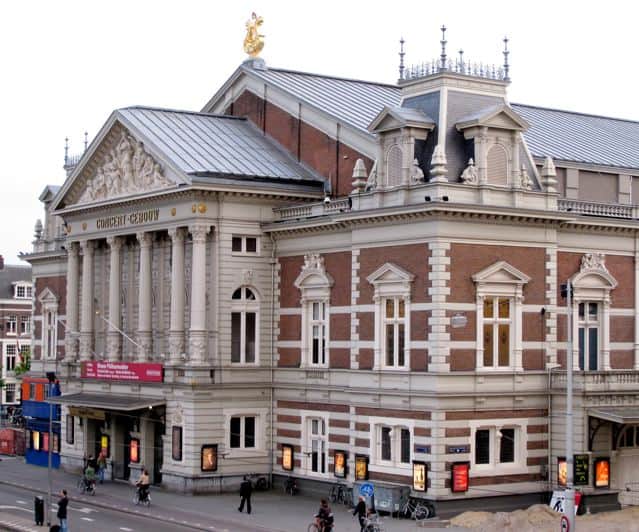
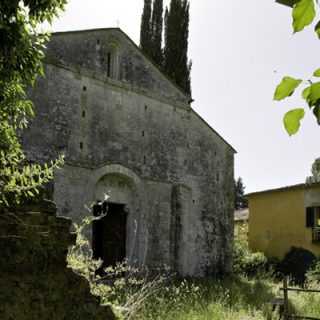
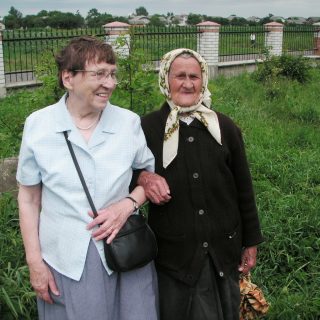
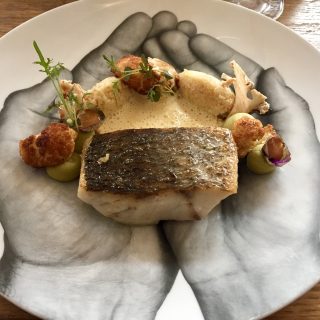
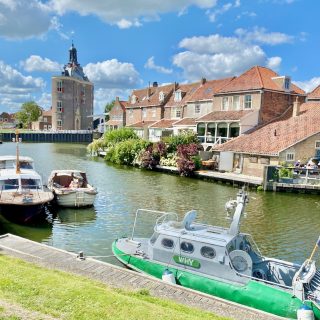






[…] The Cellist & the Historian […]
[…] The Cellist & the Historian […]
[…] The Cellist & the Historian […]
[…] The Cellist & the Historian […]
[…] The Cellist & the Historian […]
[…] The Cellist & the Historian […]
[…] The Cellist & the Historian […]
[…] The Cellist & the Historian […]
[…] The Cellist & the Historian By @solotraveler A poignant story beautifully told. […]
[…] The Cellist & the Historian […]
[…] The Cellist & the Historian […]
Very touching story, additional value for this blog. we learn from history, someone said yesterday is memory, tomorrow is mystery and today is a gift -^_^-, remind me to my grandma story she was died 5 years ago and she was about 90 yo, she also lived in war era, between dutch and indonesian people. What war remain in the end???tearss…..she said…
–yoan the dreamer–
NB : btw mr.keith u are very talented in description many thing (the impression i got after read ur written in all ur site and blog), tammie was rite why u not try to make some book???and pls give the “velveter” free issue, he..he.he..he..-^_^-
Hi Tammie,
Thanks for your comment. It is a beautiful story. I totally agree with you. Janice should make that movie or at least write a book about this.
Keith
Janice, your story actually brought tears. Not that I never cry, I’ve just encountered some amazing people/circumstances in my travels as well, but none as poignant as this. Thank you for sharing. I hope someone, someday makes your movie. And if nothing else, write a book and self publish it!! – Tammie